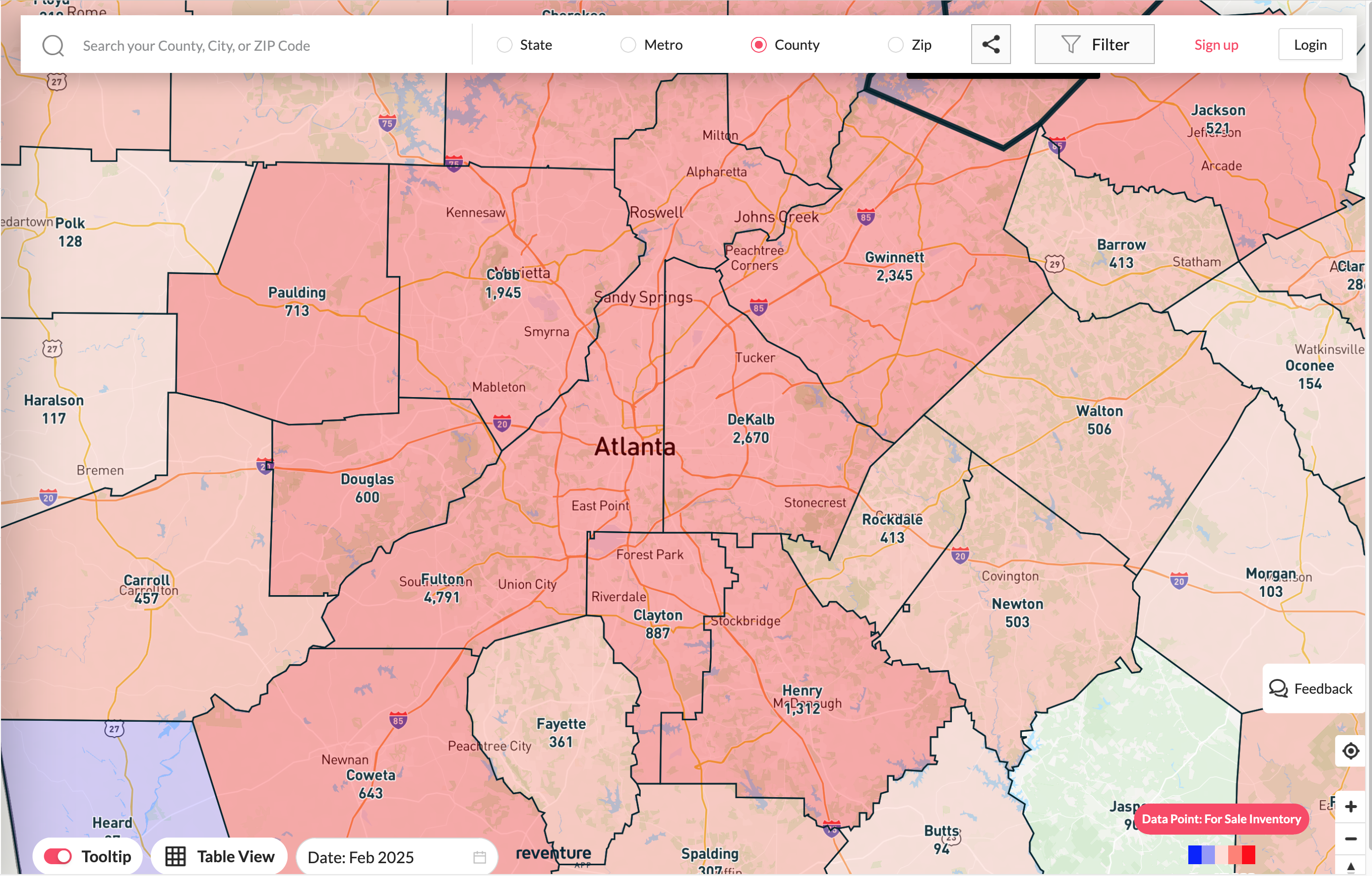Wall Street Is Quietly Exiting the Housing Market — Should We Be Worried?
3/12/2025
Over the past few years, Wall Street’s influence in the housing market has grown significantly. Institutional investors like Invitation Homes and FirstKey Homes bought tens of thousands of single-family homes across the country, transforming them into rental properties and reshaping entire neighborhoods.

Now, a quiet exodus is underway—and it’s raising eyebrows.
According to recent data, these same investors are offloading properties in markets like Atlanta, sometimes at a loss. Homes that were purchased at a premium during the low-interest boom of 2020–2021 are now being sold at steep discounts. This shift is not just a portfolio reshuffle; it’s a sign of deeper stress in the housing system.
So what’s going on?
The housing market is frozen. Mortgage rates have climbed to around 7%, effectively doubling the cost of borrowing compared to just a couple of years ago. Home prices, however, haven’t adjusted at the same pace. Buyers are sidelined, unable—or unwilling—to stretch their budgets. Sellers, meanwhile, are anchored to unrealistic price expectations set during the pandemic boom.
This deadlock is affecting everyone—from first-time buyers to seasoned investors. But unlike everyday homeowners, institutional players can afford to make swift, decisive exits. And when Wall Street decides to cash out, it’s worth paying attention.
We’ve seen this before.
In the lead-up to the 2008 crash, signals were ignored until it was too late. Back then, the crisis was rooted in bad debt and irresponsible lending. Today, it’s about affordability, market stagnation, and the erosion of investor confidence. The mechanisms are different—but the end result could be just as disruptive.
This moment invites a bigger question: What happens when the biggest players lose faith in the very market they helped inflate?
It also exposes the vulnerabilities of a system where ordinary buyers are asked to compete with institutional giants—and then left behind when those giants exit en masse.
Whether this turns into another 2008-style crisis remains to be seen. But the writing on the wall is clear: the real estate market is under pressure, and the most informed players are already making their moves.
The key is not to panic—but to pay attention.
We should be asking tougher questions about how housing works, who it serves, and what a healthy market actually looks like. Because if Wall Street is stepping back, maybe it’s time the rest of us step forward—with eyes wide open.